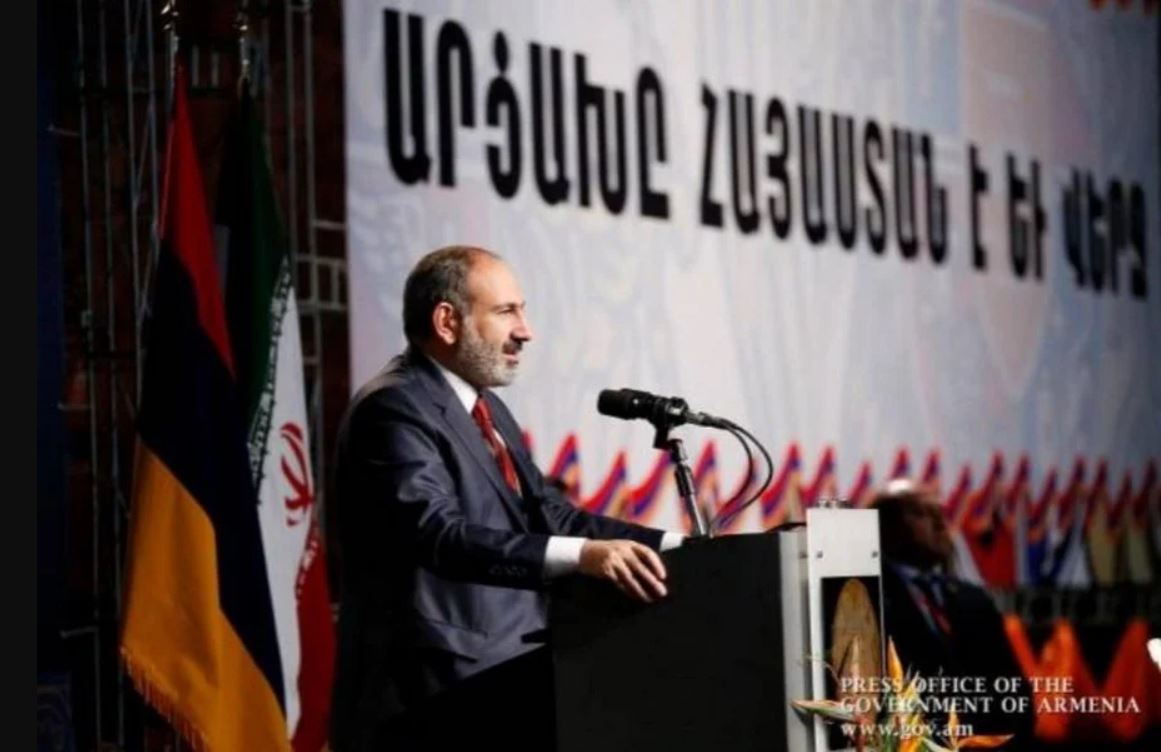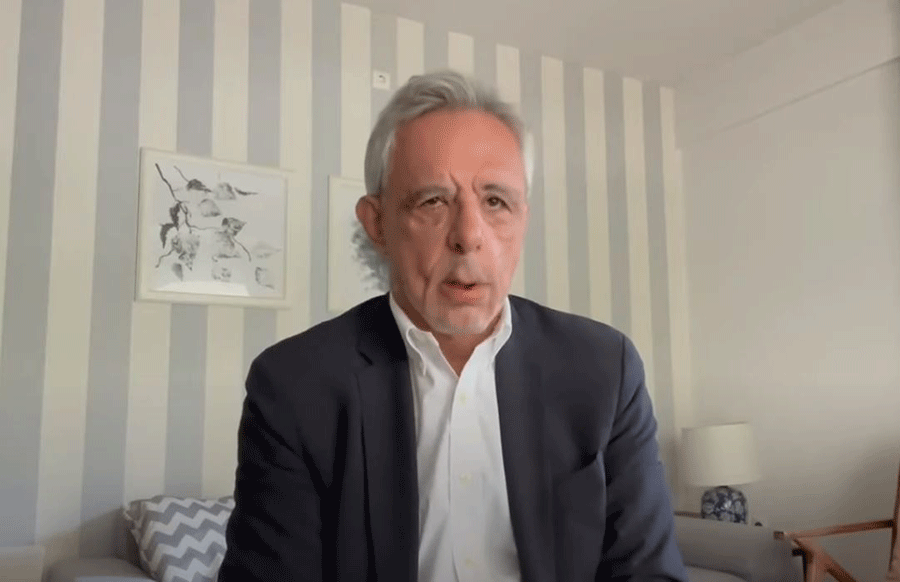“I repeat my offer once again; I am sure that it can be done. I am ready to take responsibility for moving this case forward,” former Armenian Foreign Minister Vardan Oskanian announced on Facebook Live. In his opinion, Prime Minister Pashinyan is a person far from diplomacy. “This is a fact. There is no question of offending here. His education did not even concern diplomacy; it did not concern military-political issues, and he had no such experience.
Moreover, Pashinyan did not understand and still needs to understand the value of speech in diplomacy, the importance of speech that even if one word is not spoken correctly, it has negative consequences. For example, the thought expressed in Artsakh, that Artsakh is Armenia, and that’s it, was perhaps the most correct of the political statements made by Pashinyan.
Still, it was made in the wrong way, in the wrong place, and at the wrong time, leading to negative consequences. The Former Foreign Minister said: “The changes that I propose are subtle, but they are perceptible both to the international community and to the mediators; believe me, they will be perceptible to the opponent. We can put the negotiations on a more pro-Armenian course by changing some emphases.
We need to change the narrative, philosophy, and approach of the negotiations and not insist that we must reach the signing of the peace agreement at any cost, but try to find the possible ways and means with Azerbaijan at this stage, which will enable us to achieve a just and stable peace between the two peoples. Expanding the agenda, the fact that Artsakh was an autonomous region in the Soviet period should be included in the schedule. It will create new opportunities for us to change the logic of negotiations. There is hardly any severe resistance here; there is no counter-argument against this because Azerbaijan itself brought some issues to the agenda, a legacy of the Soviet maps of the Soviet period, the issue of enclaves. If it dares to raise the issue of enclaves, those same maps that show the enclaves, those maps also show the autonomous region of Nagorno- Karabakh.
Read also
And there is simply no counter-argument here. I have explained in sufficient detail why Azerbaijan cannot resist this idea; the international law is clear; in case of such resistance, refusing to put this issue on the agenda will face serious problems based on the provisions of international laws. International law opens up a severe opportunity for Artsakh’s external self-determination. As he presents, entering the field of Pashinyan’s logic, Vardan Oskanian said: “Pashinyan simply does not possess, does not understand the importance and value of speech. In these years, nothing else has harmed us as much as Pashinyan’s wrong speech. He often seems to speak without thinking; he expresses what is on his mind at that moment; often, in his expressions, he does not mean the opponent, the international community, but the internal audience, especially the opposition field. It will only lead us down the wrong path. Those five years of work and today’s processes clearly prove that.”
Oskanyan raises a question. “What is Pashinyan trying to do today? He says: I am ready to give Artsakh, I give it, I gave it to him in return to ensure the territorial integrity of Armenia. But Pashinyan cannot do even this because his starting point was wrong. He also spoke incorrectly there. If he had not said to this day, “I recognize” and qualified that recognition in such a way that it would not be possible to interpret the word “recognition” chronologically, saying that the former recognized it, we recognized it with the Almaty Declaration, the world recognizes it that way. He gave so many qualifications: I recognize, I accept, the territorial integrity of Azerbaijan. He gave such a qualification to the word recognition that he did not give it a chance for a second interpretation. If all I had said were not that I recognize but that I am ready to recognize, today, Armenia would be in a better position regarding negotiations. Today, he would get what he wants and have signed the peace agreement he dreamed of, but he cannot do it because he spoke incorrectly. When you have not yet gone to negotiations, you say that you recognize Artsakh as a part of Azerbaijan; you are giving your opponent any of his most significant pieces. Of course, Azerbaijan will continue to receive it while trying to obtain the rest of its demands.
You lose a flexible opportunity for negotiation; you need a place to trade. When Azerbaijan presented its five proposals, a day had passed, and they announced that they were acceptable to us instead of saying, “We take note, we will discuss them in the negotiations; this amazes me.” The impression is I want to explain something to the kindergarten children. No matter how diplomatically inexperienced they are, these are such obvious questions that a person will notice. All he had to say was that he was ready to recognize Artsakh as a part of Azerbaijan if the negotiations yielded positive results. That is evidence that there is a problem of incompetence here. We all suffer, not a group of people, but the whole people, the motherland. We have lost a lot and continue to fail. Here is my suggestion: bring in competent people, you can’t.
Entering Pashinyan’s logic again, in my proposal, I am talking about the autonomous region; I am only saying that the existence of that fact should be put on the agenda. After bringing the plan, it will open other doors in the negotiations. I am asking Pashinyan a question within the framework of his logic. Suppose you are psychologically ready to recognize Artsakh as a part of Azerbaijan. In that case, it should not be a problem for you to raise the issue of having an autonomous region of Artsakh today.
Doesn’t a citizen of Artsakh have that much right when it was not part of independent Azerbaijan when only Armenians lived there for thousands of years and had an autonomous region during the Soviet years; it was an independent political unit in the previous 30 years. After all, this, don’t those people have the right to at least have an autonomous region within Azerbaijan, as you say? Why don’t you raise that question? At least do that…”
Tatev HARUTYUNYAN




























































